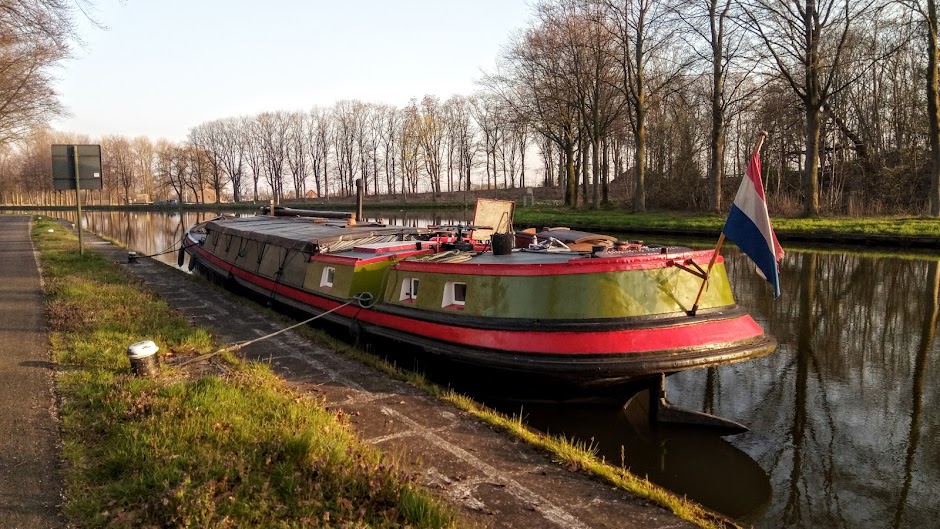Actually, I notice that all the writers among us are very passionate about achieving quality in editing and production. Even so, errors slip through. I've seen it in my own books, not only the ones I've self-published and had readers proof-reading for me, but also those that have been professionally edited. It drives me to distraction and I threaten to go into deep depression when I hear of or see a mistake that hasn't been picked up after publication. But then I read my text books on academic research and journal papers on my chosen topic and I see the same types of errors cropping up in these supposedly erudite and high quality works too. This is when I have to ask what is the problem? And why is it so difficult to produce flawless books these days if even well-known publishers like Cambridge and Oxford University Press, Routledge or the renowned Michigan Press in the US cannot get it right?
I don't actually have the answer to this, but I have a suspicion it has to do with everything being digital these days. No longer do we have armies of proofreaders sitting with rulers and pens making proofreading marks on paper printouts of the books. Perhaps the style sheets of the past are no longer used by copyeditors and proofreaders. Maybe everything is done on screen with MS Word track changes and minor details just get overlooked. After all, we all know the screen is very different from the printed page, don't we? To make a personal observation, I don't think I've read a book in the past six months without a single error in it (except perhaps the Donna Leon novel I read a few months ago - big name, big budget?). It might only have been an extra space between a comma and a word, a misplaced speech mark, a missing preposition, or a fallen 'cap' at the beginning of a chapter, but there's always something. In my study books, there have been worse errors like fused clauses, unfinished sentences and seriously misspelt words.
It doesn't trouble me in other people's books quite so much now because I've come to accept it as part of modern publishing. I'm certainly not in a position to criticise, but boy oh boy, I would so love to be totally sure my books were word and punctuation perfect, so it troubles me very much about my own work. A fault free manuscript is something I still aim for. That said, I now have my own wonderful group of proofreaders who being language teachers are justly critical, but I find it fascinating that barring a few overlaps, they all find different mistakes or points to comment on - a little worrying too.
I'm currently nearing the end of my editing phases with Harbour Ways, the sequel to Watery Ways, so I'm praying we've got it right this time (I say 'we', because it really is a team effort). It's tricky as there's both Dutch and English to check in the book, but the 'girls' have been amazing as has Koos, who did the first read through. One final check from another proofreader friend, and then we'll see…but I do hope that in contrast with all my academic reading, and my previous books, this particular volume will be - well, if not perfect in all ways (what is that anyway?) at least consistent and finally fault free!
I don't have a release date for Harbour Ways yet, but I hope I'll be able to announce it soon. For those who don't know my books, it's the sequel to Watery Ways and recounts the story of how I convert my own barge, the Vereeniging, from an empty hull to a liveaboard 'faring' barge. The image above is the concept cover.
For now, though, Happy New Year to all, happy editing to my writing friends, and of course, lots of lovely good wishes to you all!
I don't have a release date for Harbour Ways yet, but I hope I'll be able to announce it soon. For those who don't know my books, it's the sequel to Watery Ways and recounts the story of how I convert my own barge, the Vereeniging, from an empty hull to a liveaboard 'faring' barge. The image above is the concept cover.
For now, though, Happy New Year to all, happy editing to my writing friends, and of course, lots of lovely good wishes to you all!












